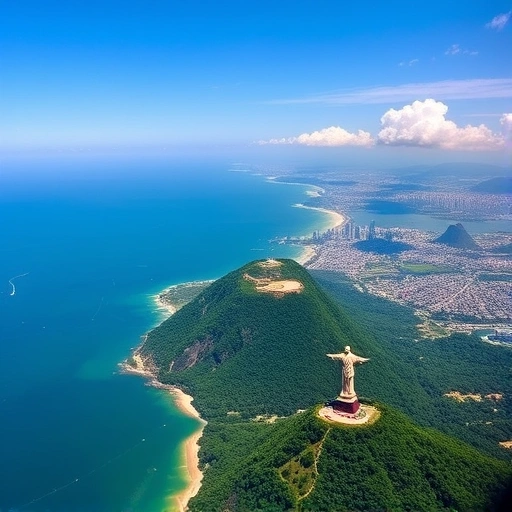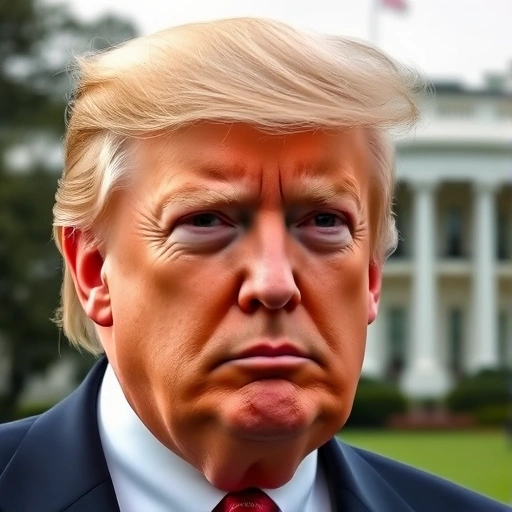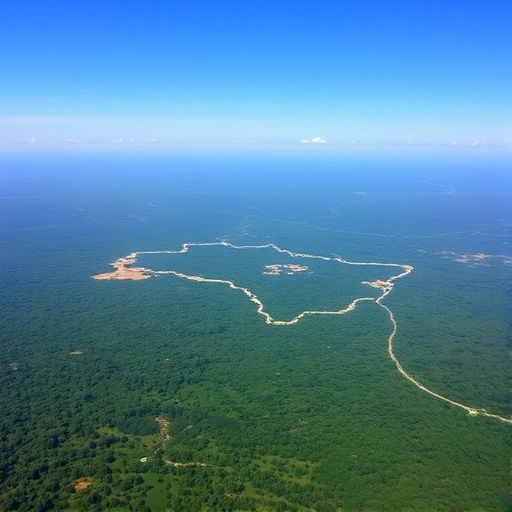
Brazil, the largest country in both South America and the Latin American region, has been grappling with the concept of sovereignty in recent years. As the world becomes increasingly interconnected, the notion of national sovereignty is being redefined, and Brazil is no exception. In this article, we will delve into the complexities of Brazil’s quest for sovereignty in a globalized world.
Historically, Brazil has been a victim of foreign domination, with the Portuguese colonization of the country in the 16th century being a prime example. This legacy of colonialism has left an indelible mark on the country’s identity and continues to influence its relationships with other nations. In the modern era, Brazil’s struggle for sovereignty is closely tied to its economic and political development.
One of the key challenges facing Brazil is the issue of foreign debt. The country’s economy has long been reliant on foreign investments, which has led to a significant increase in foreign debt. This has created a sense of dependence on foreign powers, eroding Brazil’s sovereignty and autonomy. In recent years, the Brazilian government has been working to reduce its foreign debt and increase its economic independence.
Another major challenge facing Brazil is the issue of international trade agreements. The country has been a signatory to several trade agreements, including the Mercosur agreement with other South American countries and the Partnership for Prosperity and Regional Integration with the European Union. While these agreements have brought economic benefits, they have also raised concerns about Brazil’s ability to make its own decisions and set its own policies.
In addition to economic challenges, Brazil’s quest for sovereignty is also tied to its political development. The country has a long history of political instability and corruption, which has hindered its ability to assert its sovereignty. In recent years, the Brazilian government has been working to address these issues, including the implementation of anti-corruption measures and the strengthening of democratic institutions.
The role of international organizations is also crucial in Brazil’s quest for sovereignty. The country is a member of several international organizations, including the United Nations, the World Trade Organization, and the Organization of American States. These organizations provide a platform for Brazil to engage with other nations and promote its interests on the global stage.
In conclusion, Brazil’s quest for sovereignty in a globalized world is a complex and multifaceted issue. The country faces significant economic and political challenges, including foreign debt and international trade agreements. However, by addressing these challenges and promoting its own economic and political development, Brazil can assert its sovereignty and play a more prominent role on the global stage.
Finalmente, é importante lembrar que a soberania do Brasil é fundamental para o crescimento econômico e político do país. A luta pela soberania é uma luta pela independência e pela autodeterminação, e é essencial para que o país possa se desenvolver de forma sustentável e autônoma.


